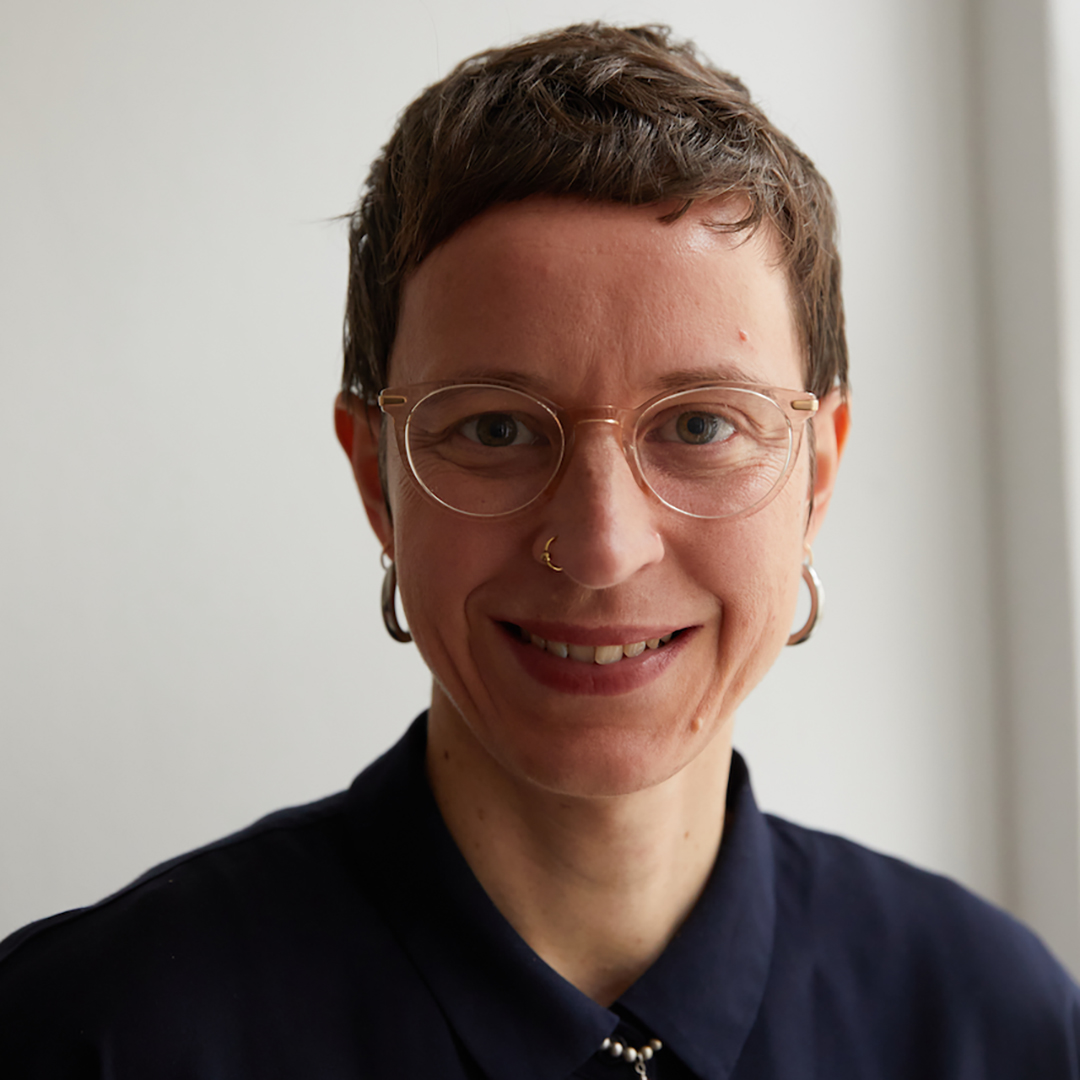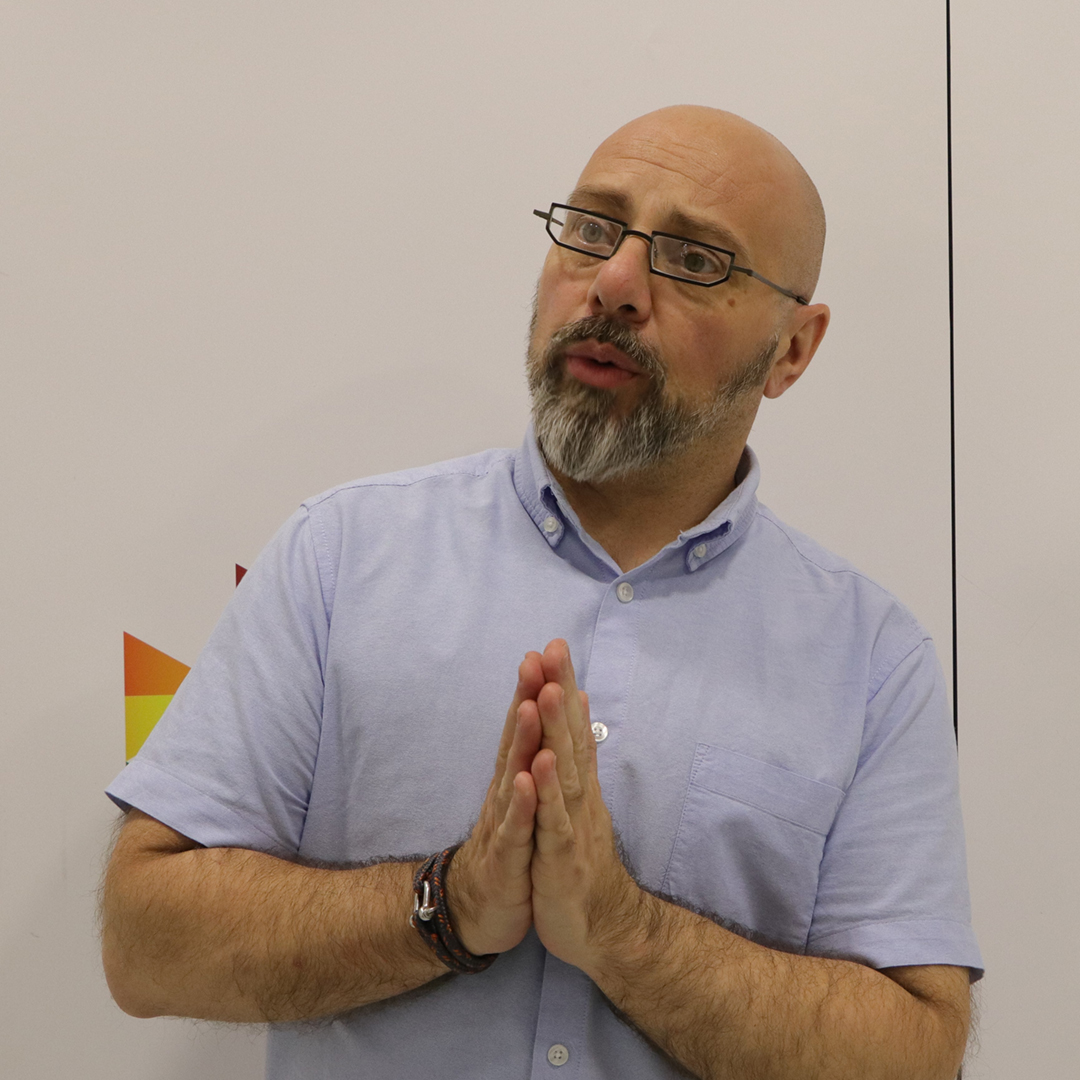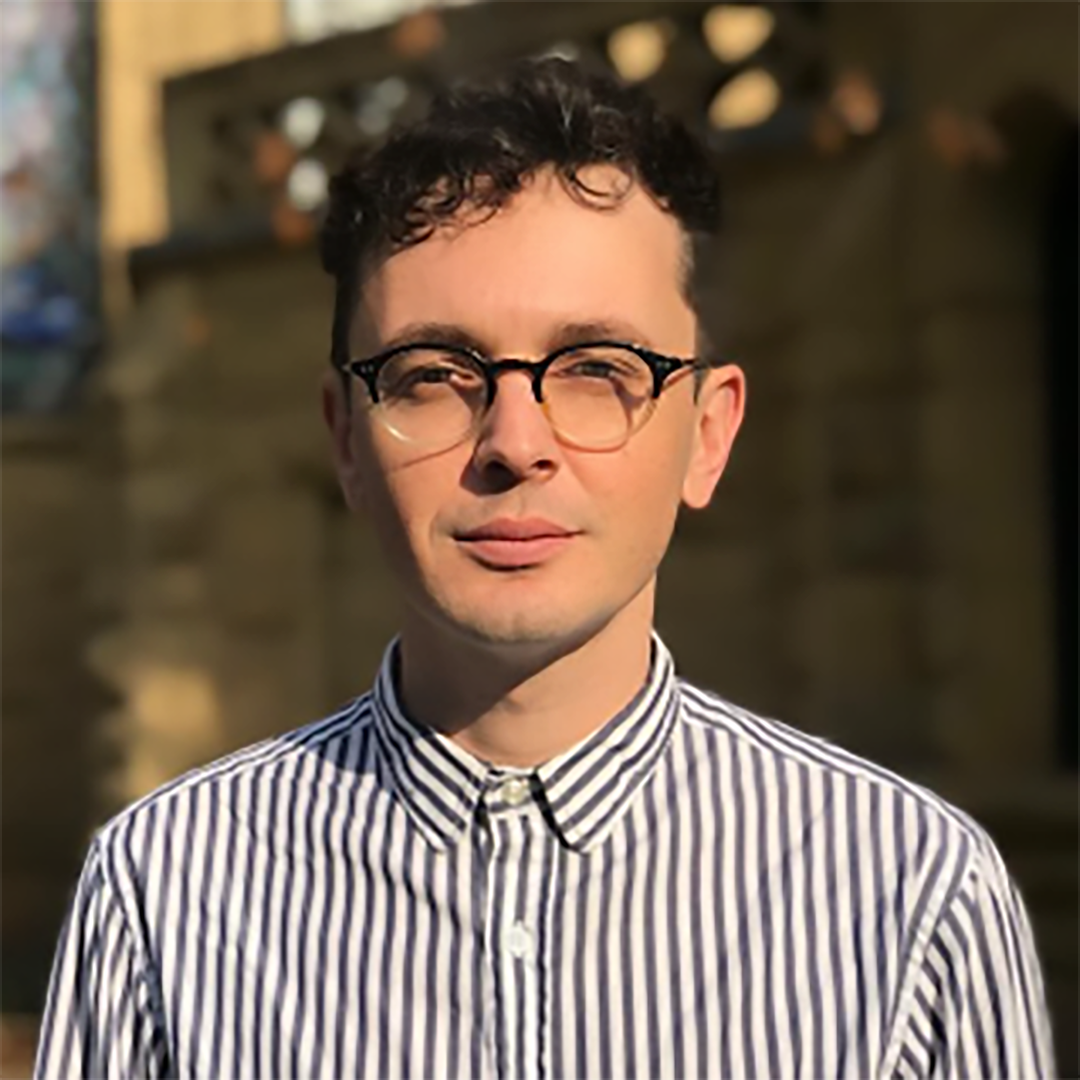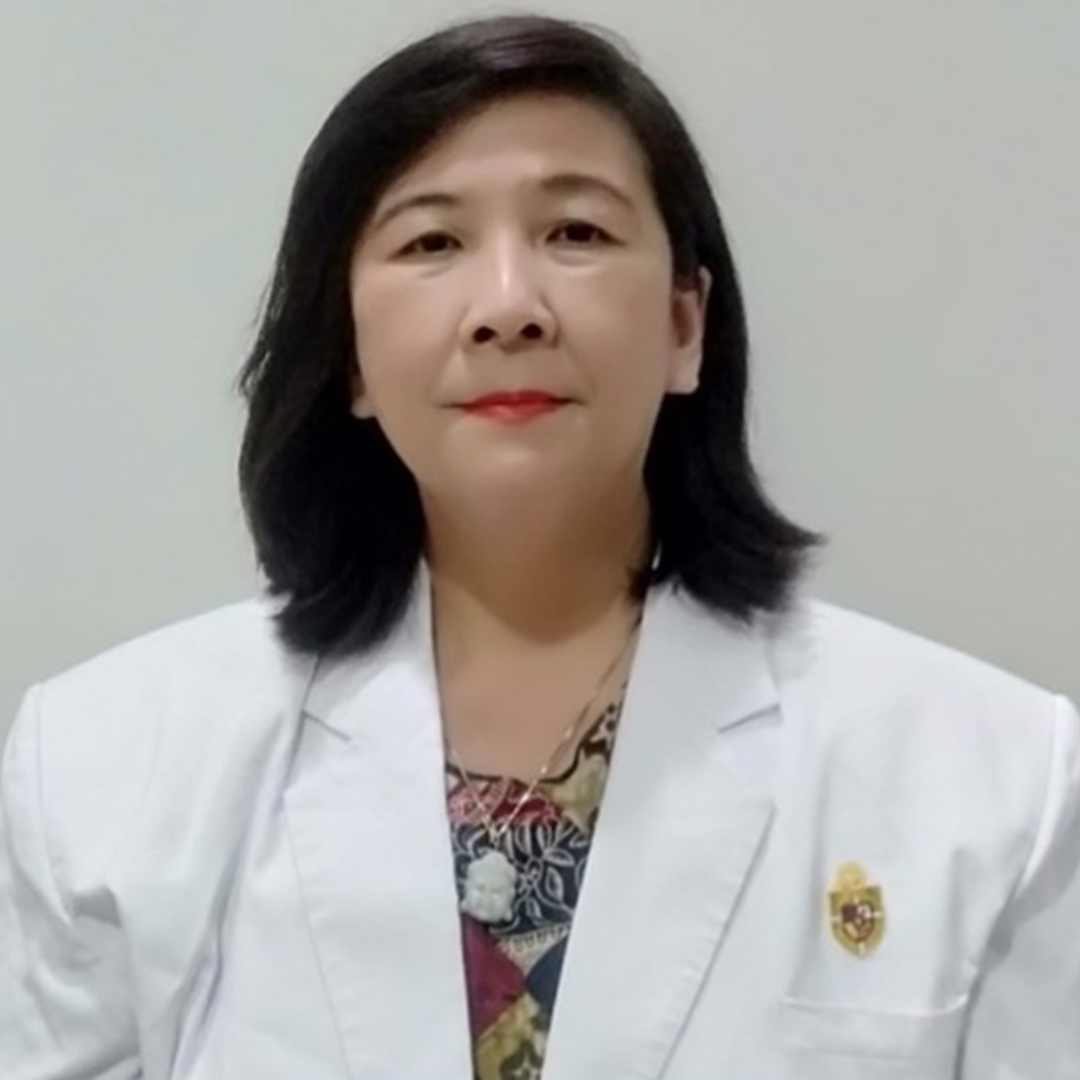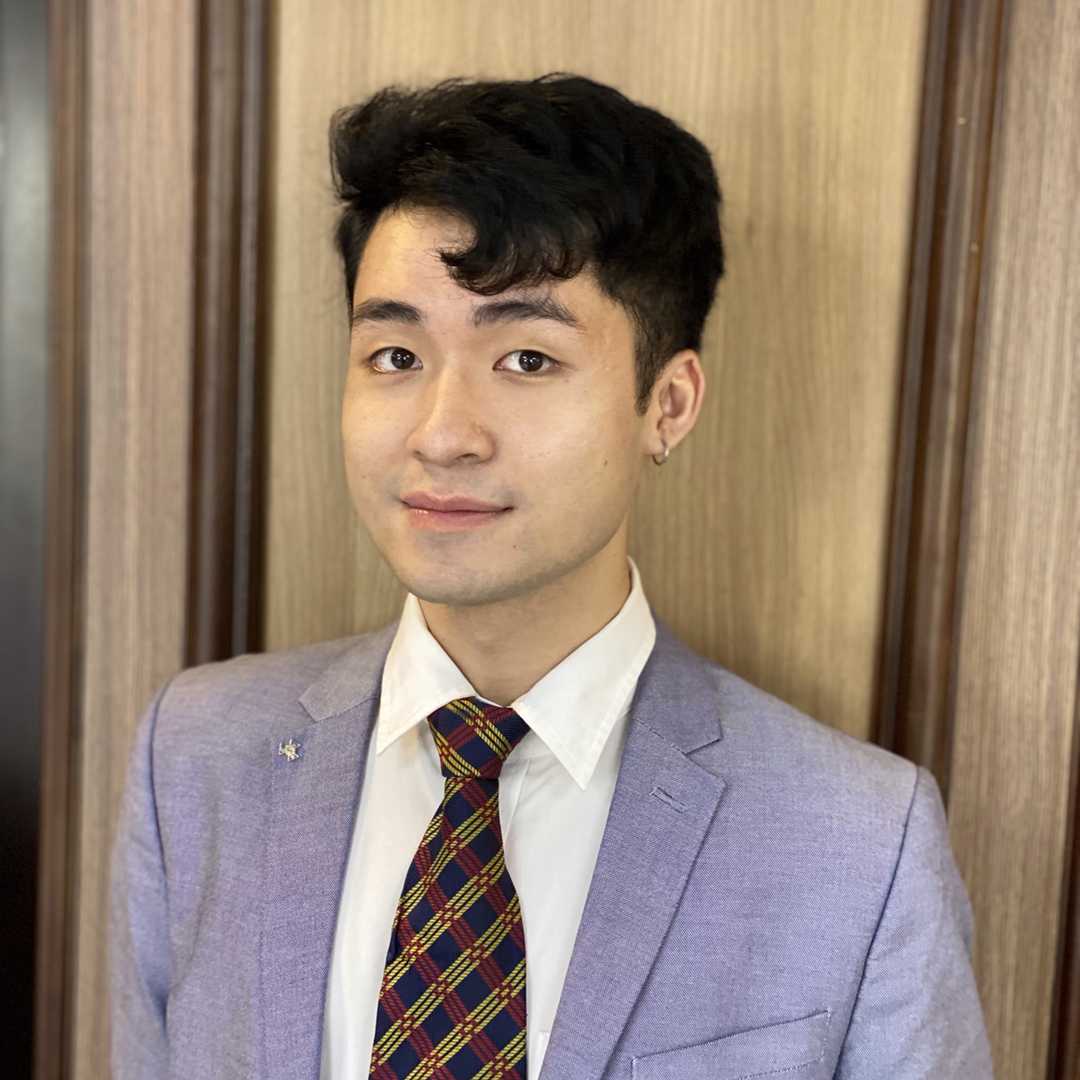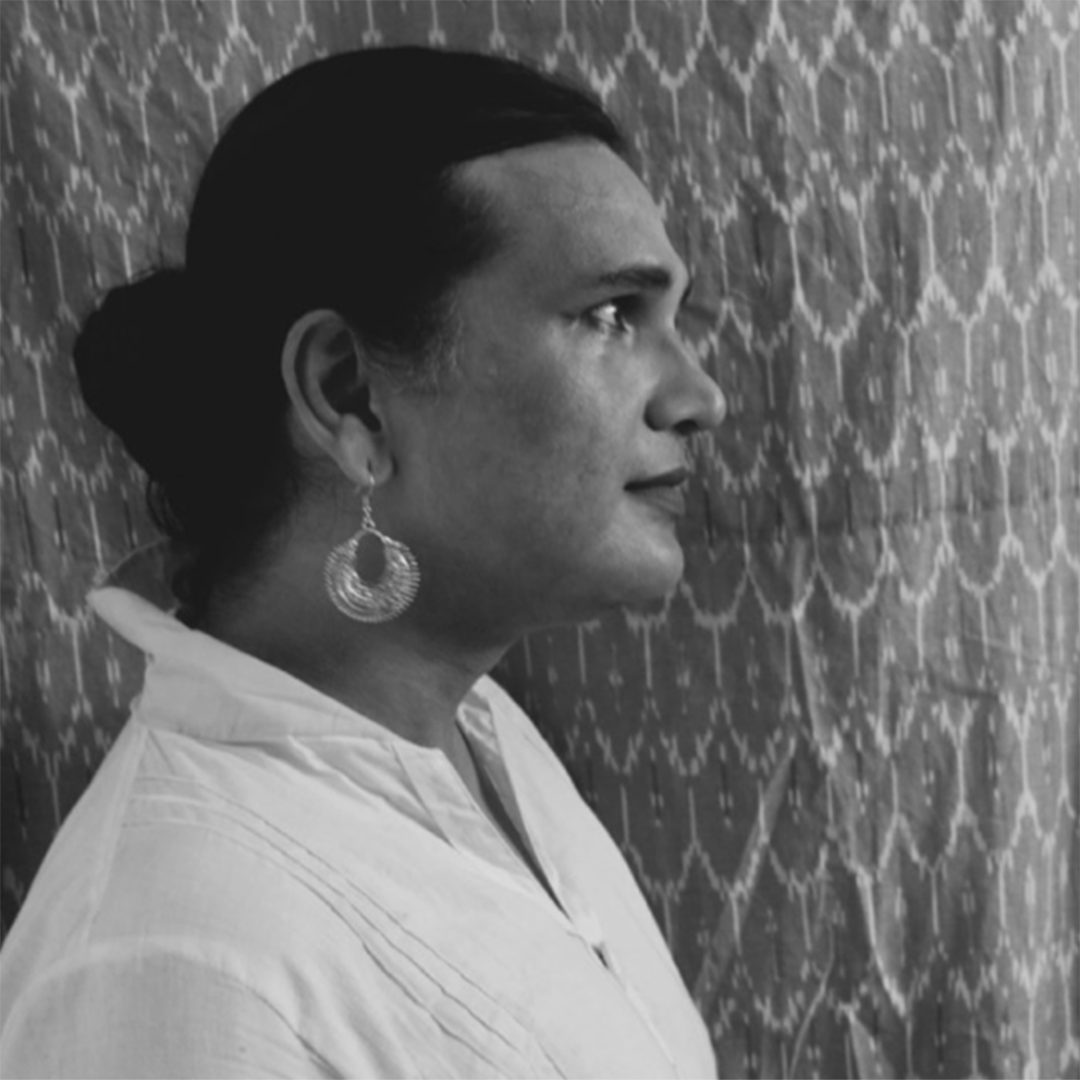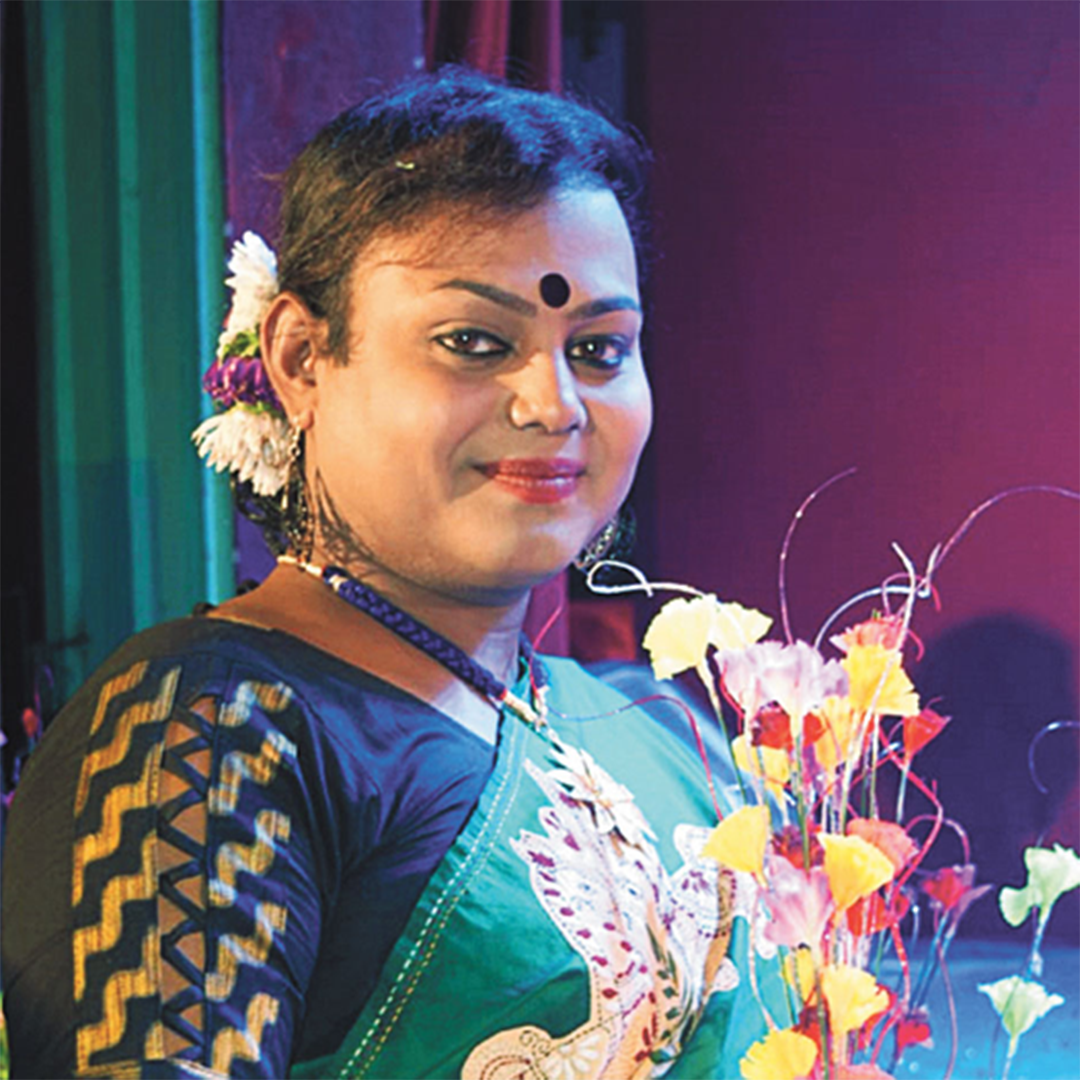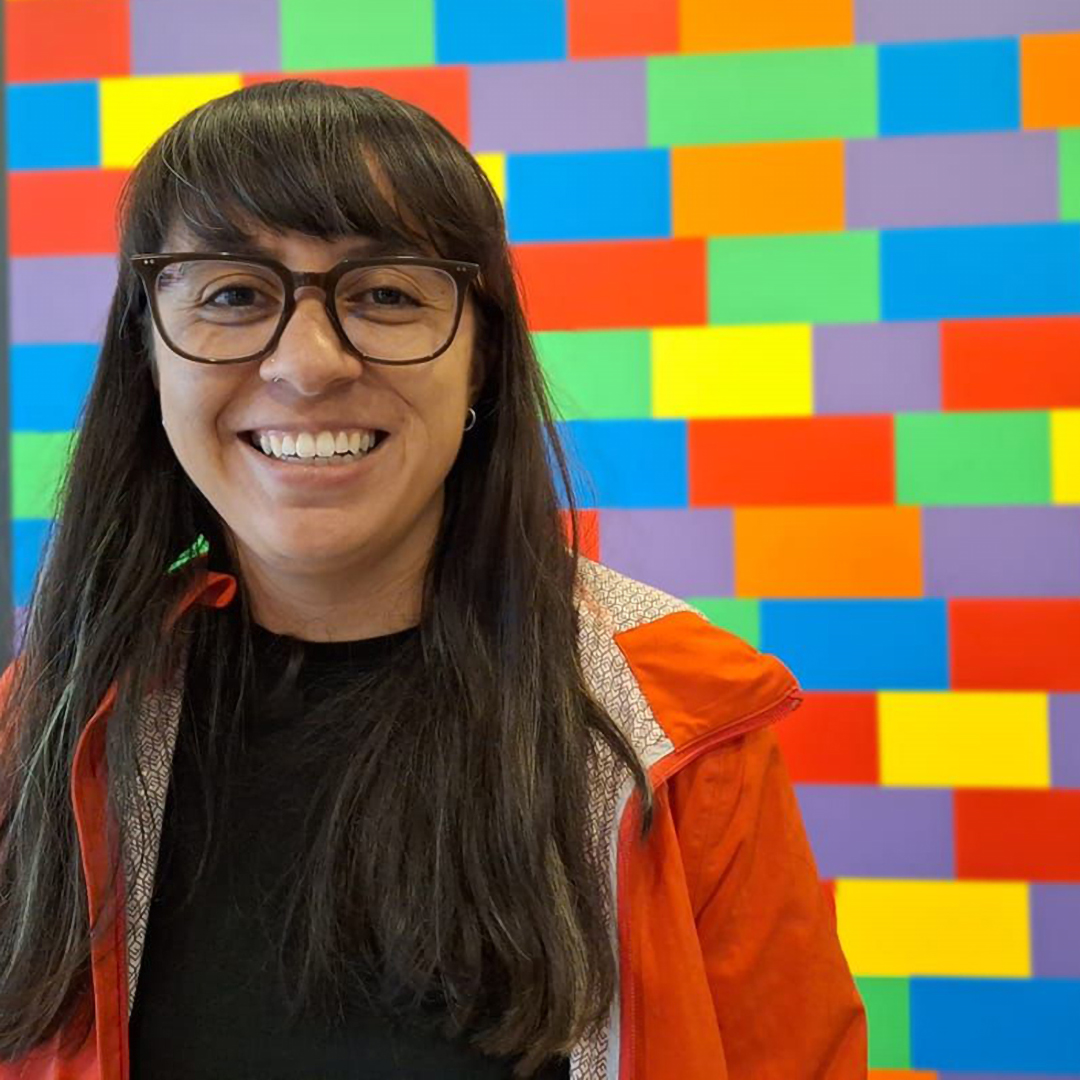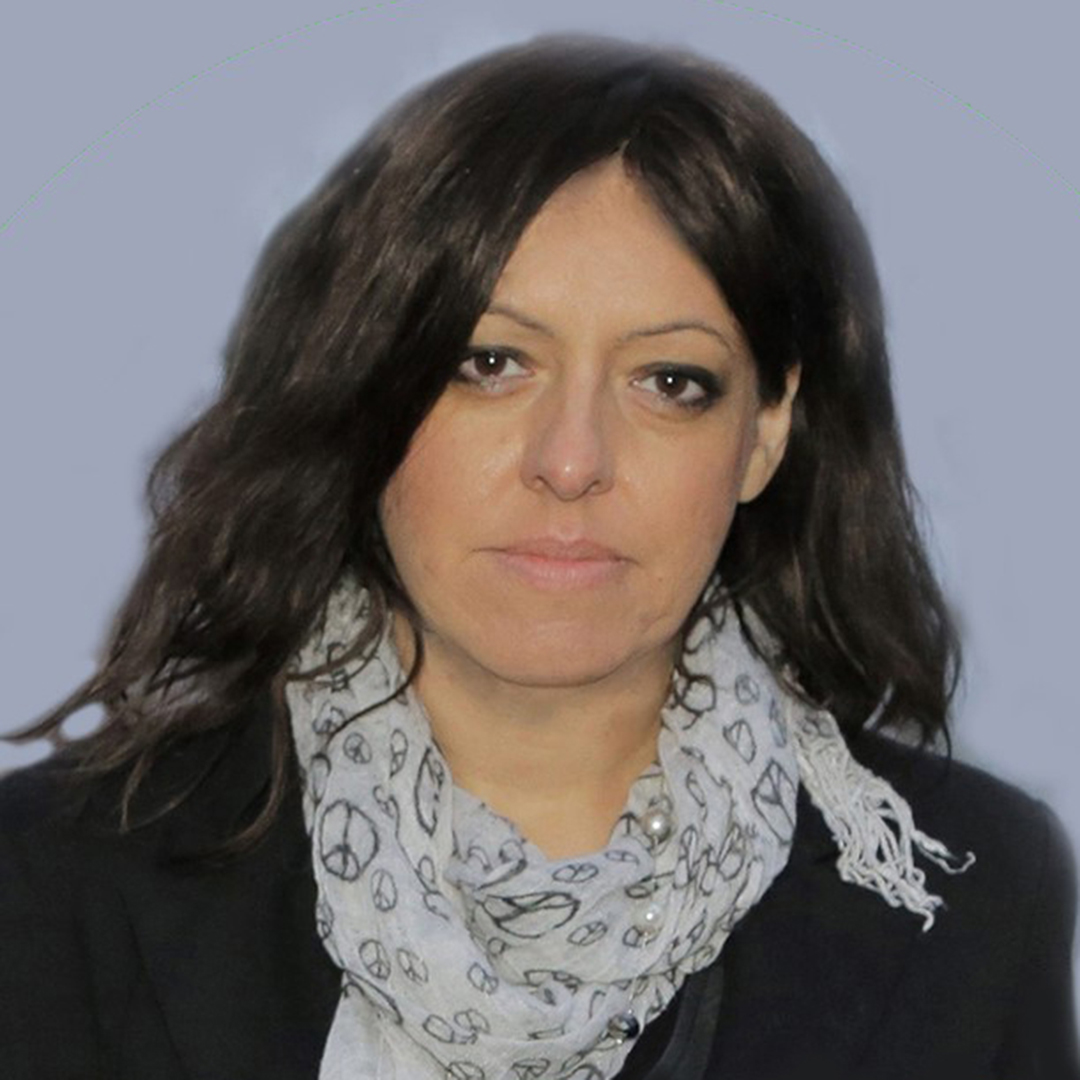Global SOGIESC Seed Grants Program
The Williams Institute’s Global SOGIESC Seed Grants Program is designed to encourage new empirical research focused on LGBTI+ populations in the least developed, low- and middle-income countries and amplify the voices of researchers from those regions. The program also aims to strengthen research capacity among participants by supporting networking and knowledge exchange (including a colloquium to present research findings) and providing mentorship, where needed, from Williams Institute scholars.
